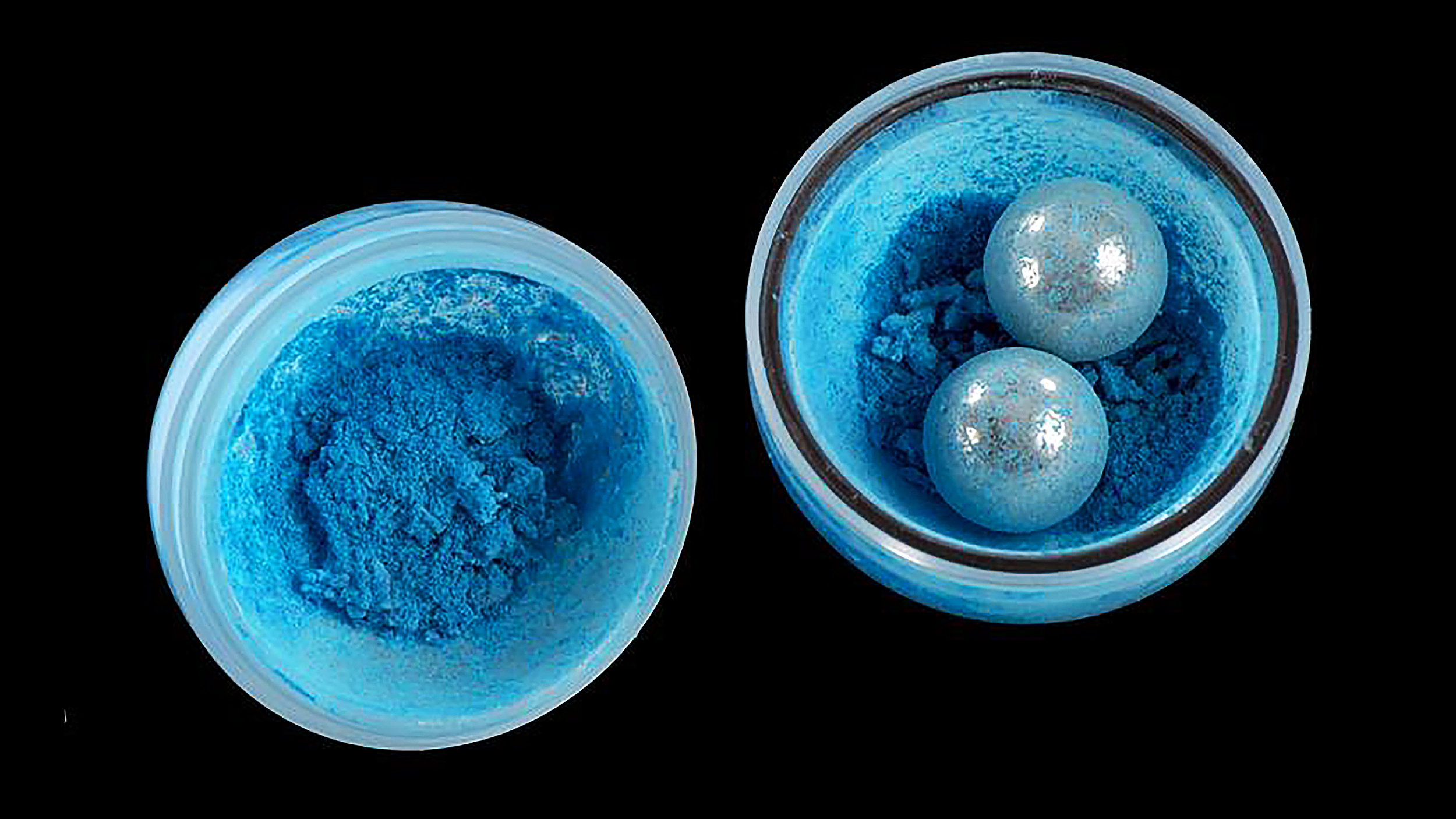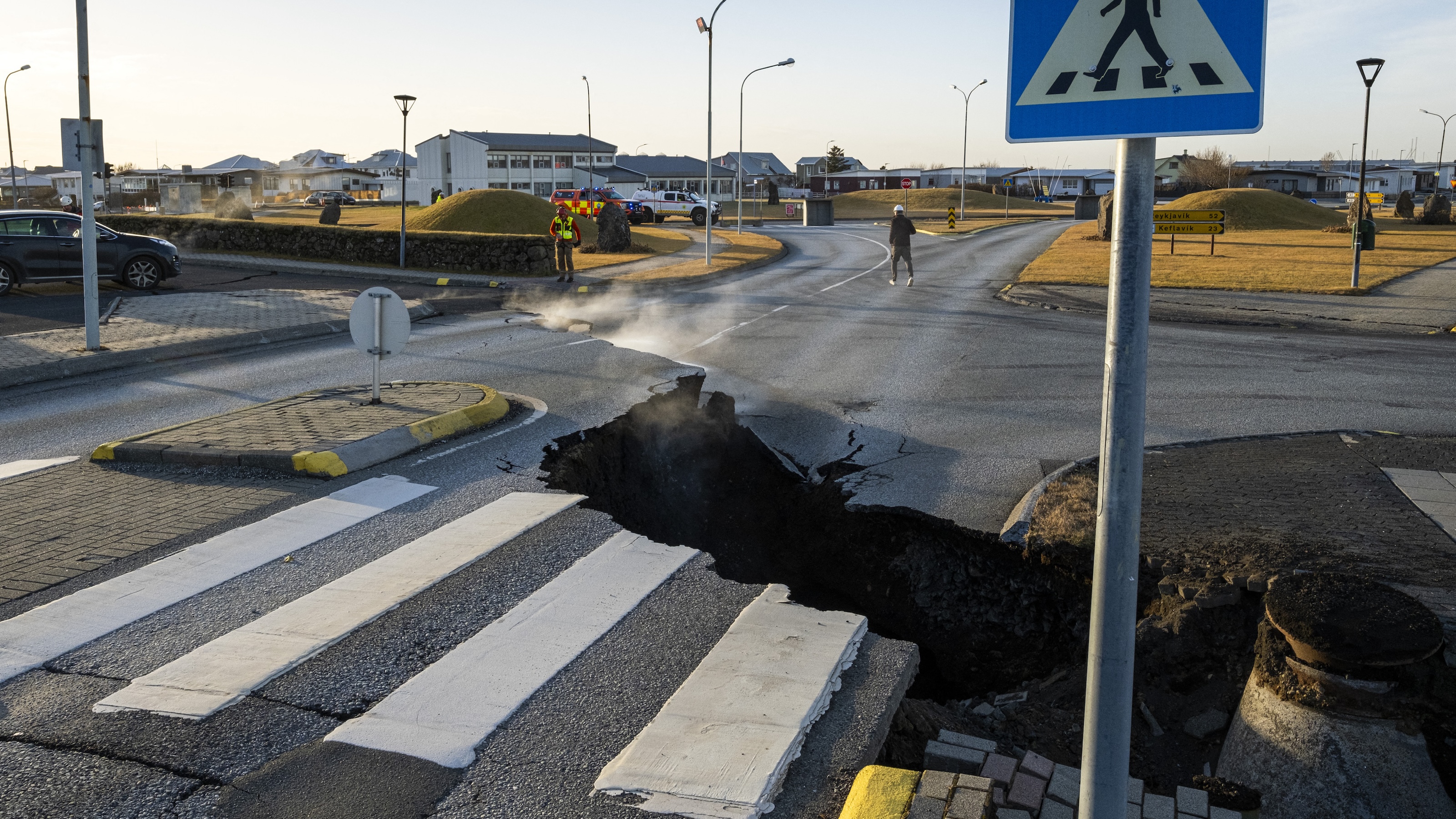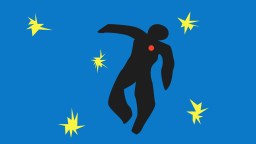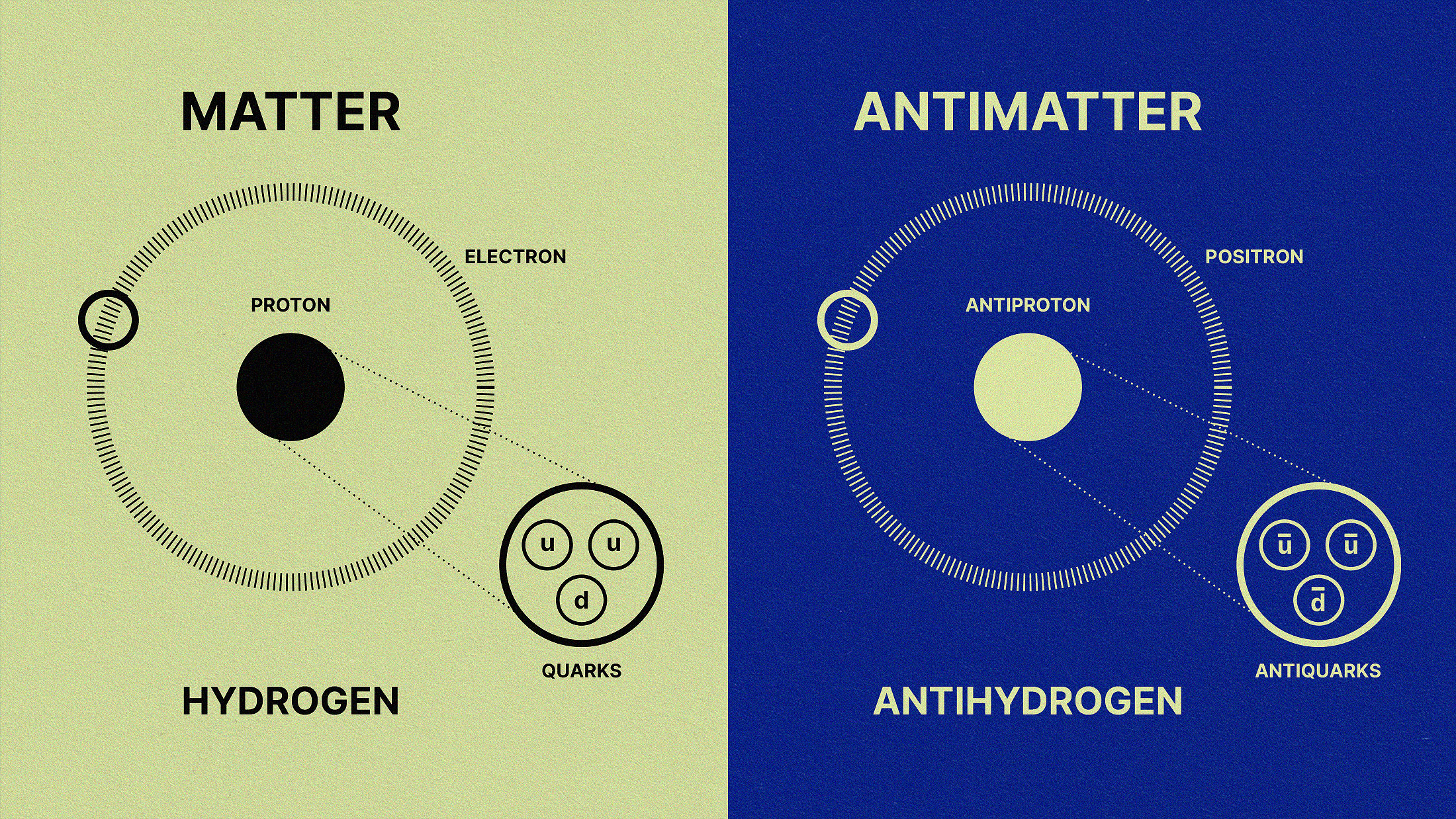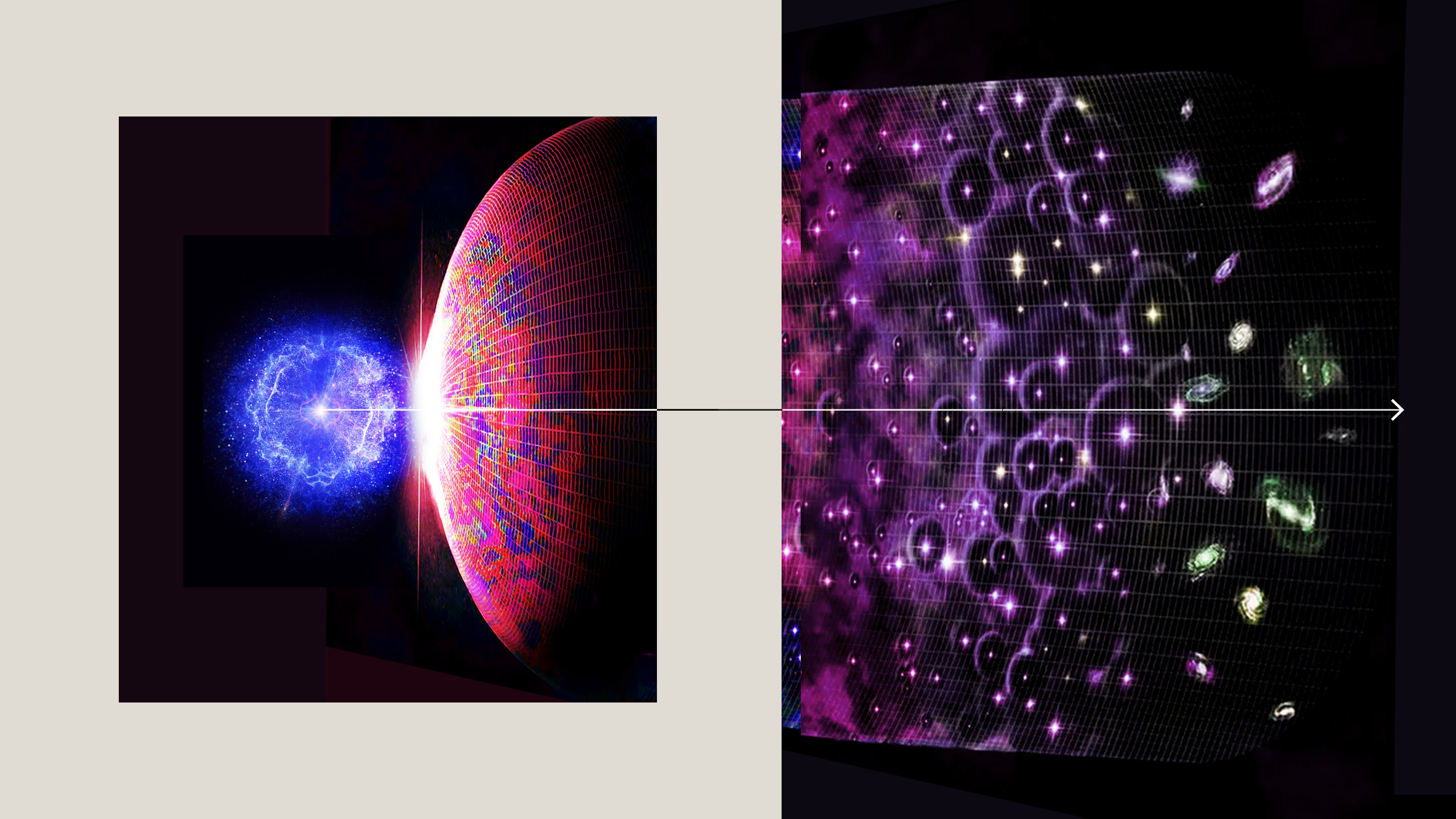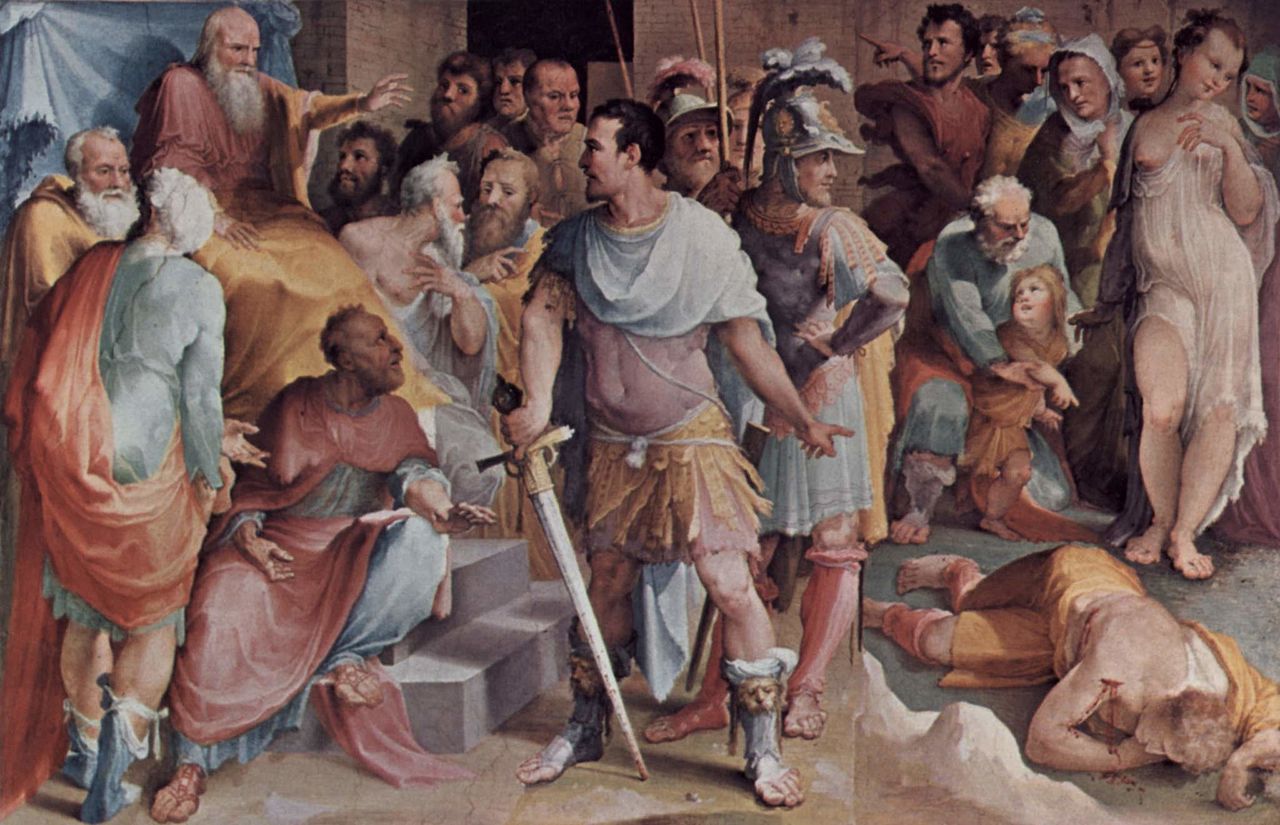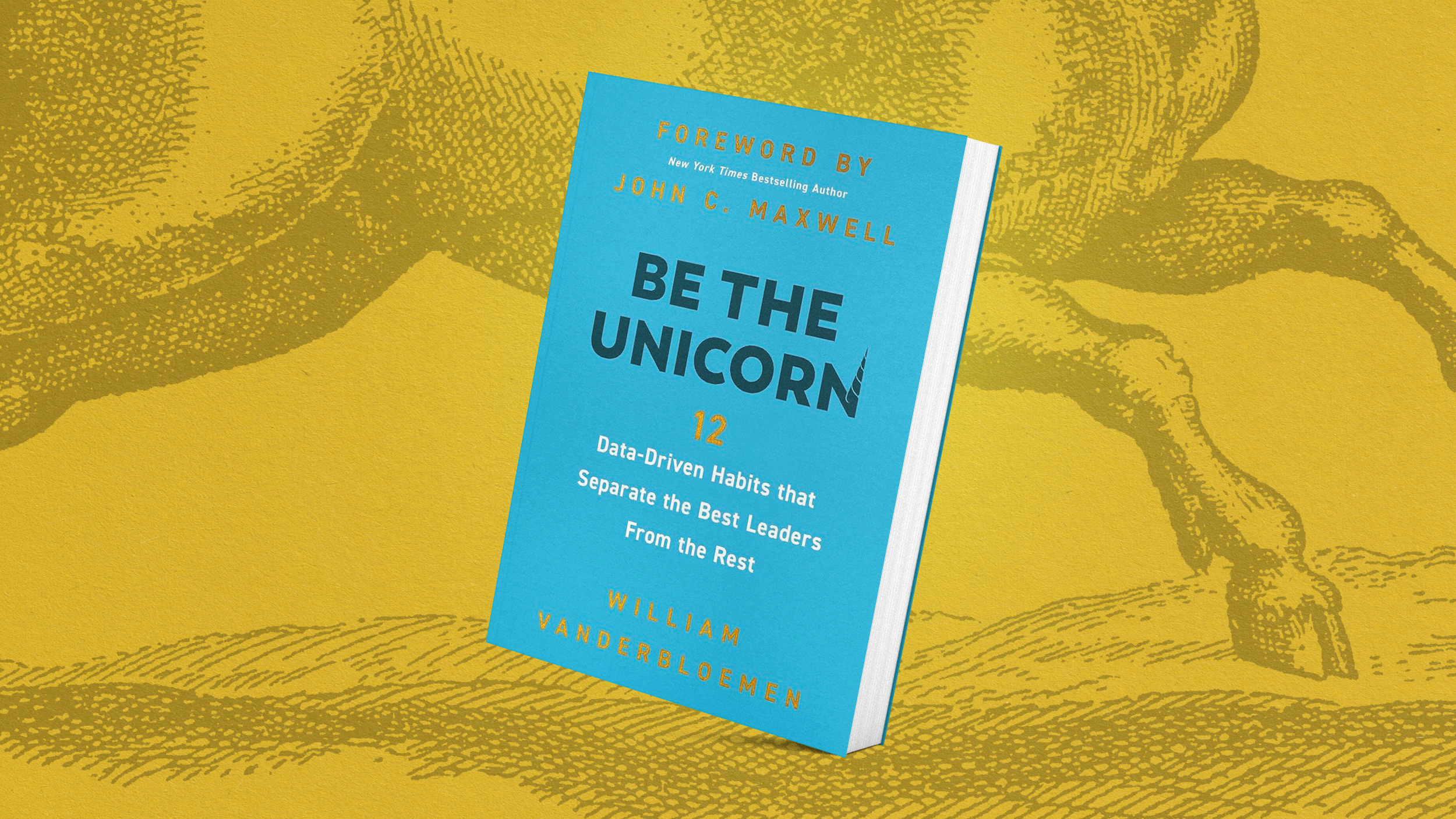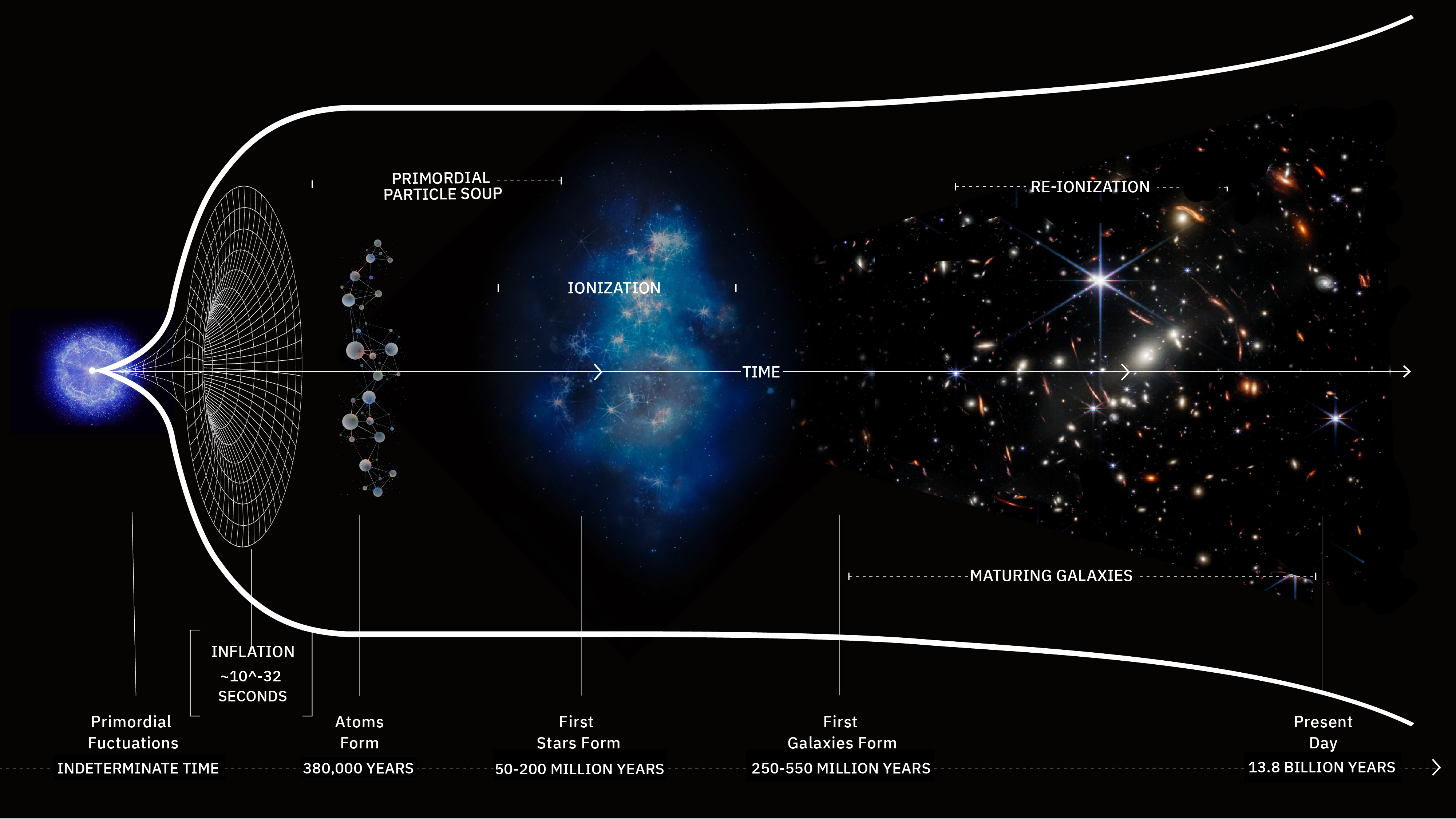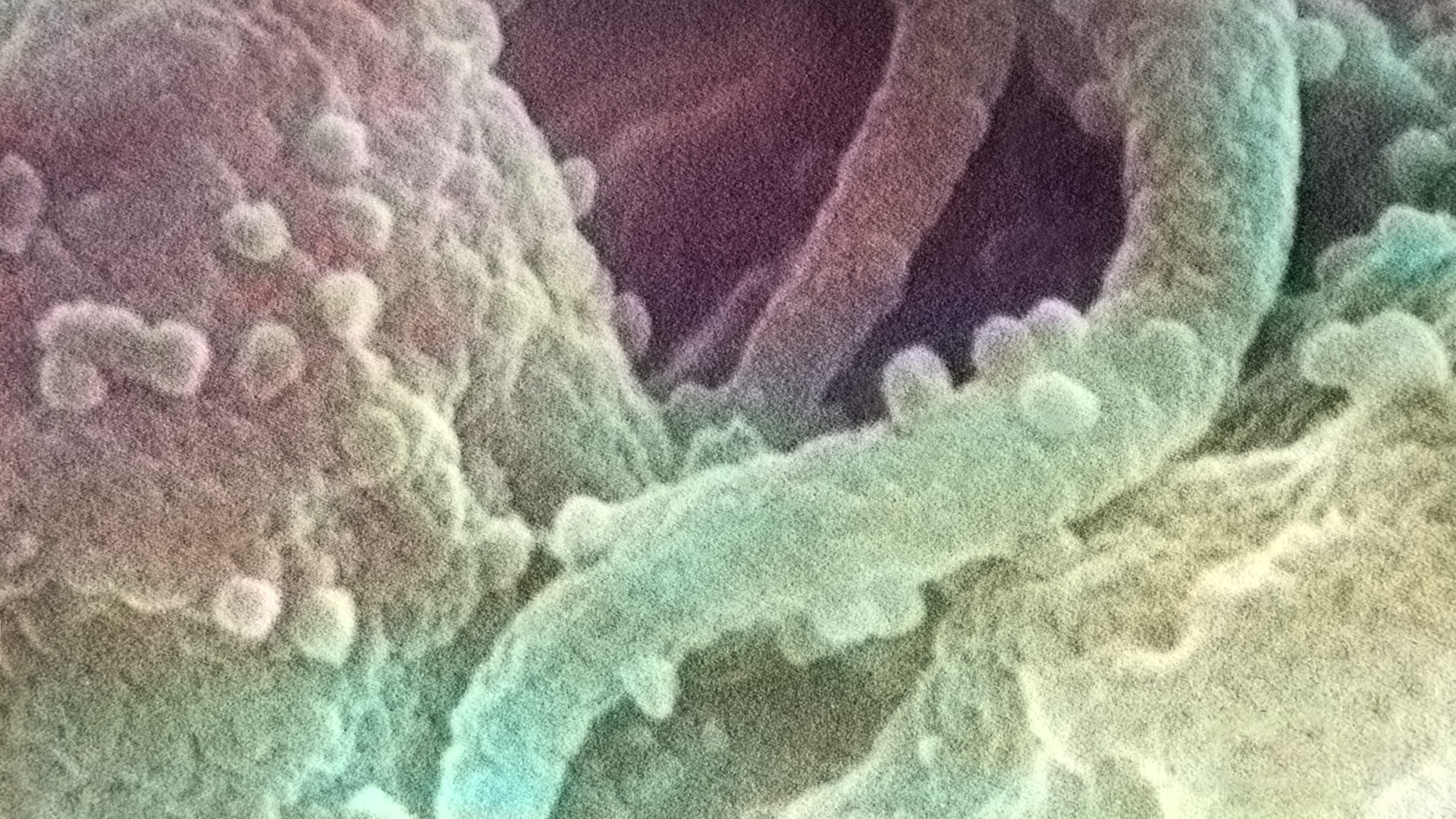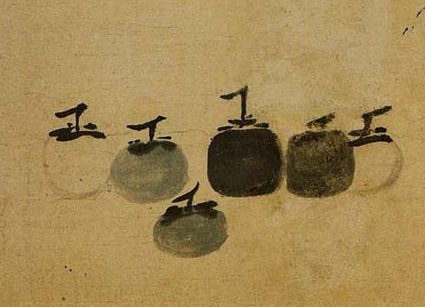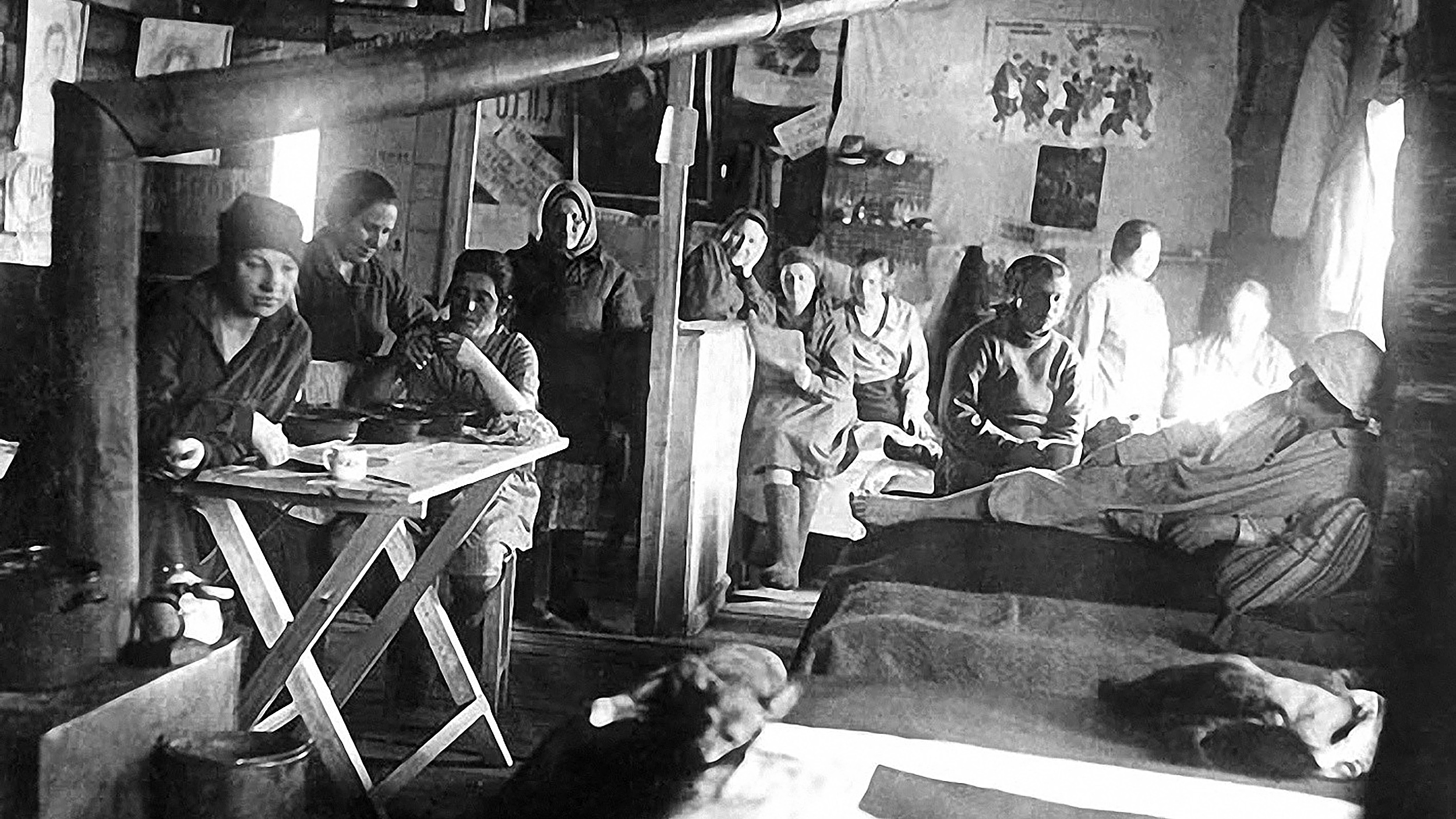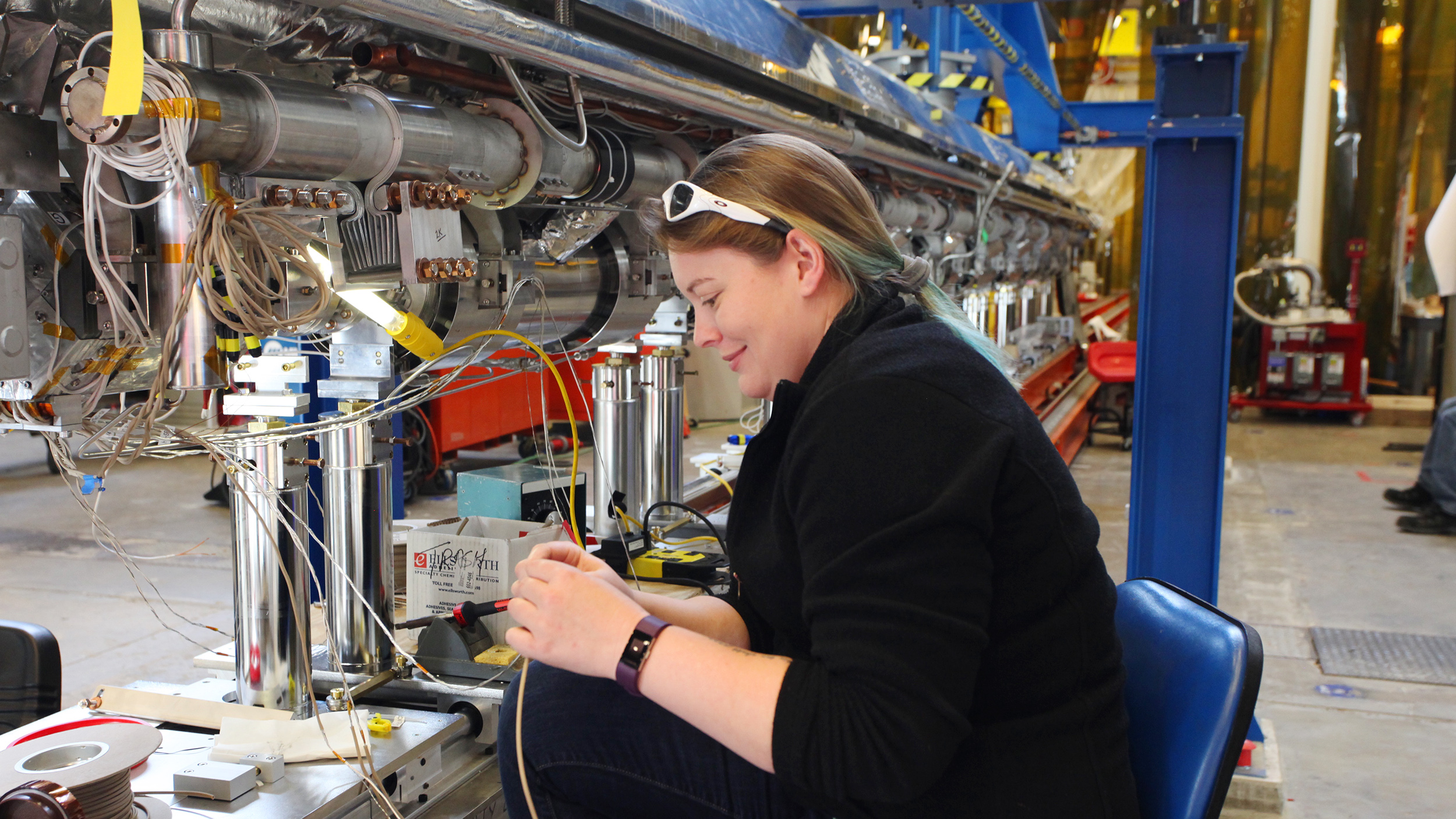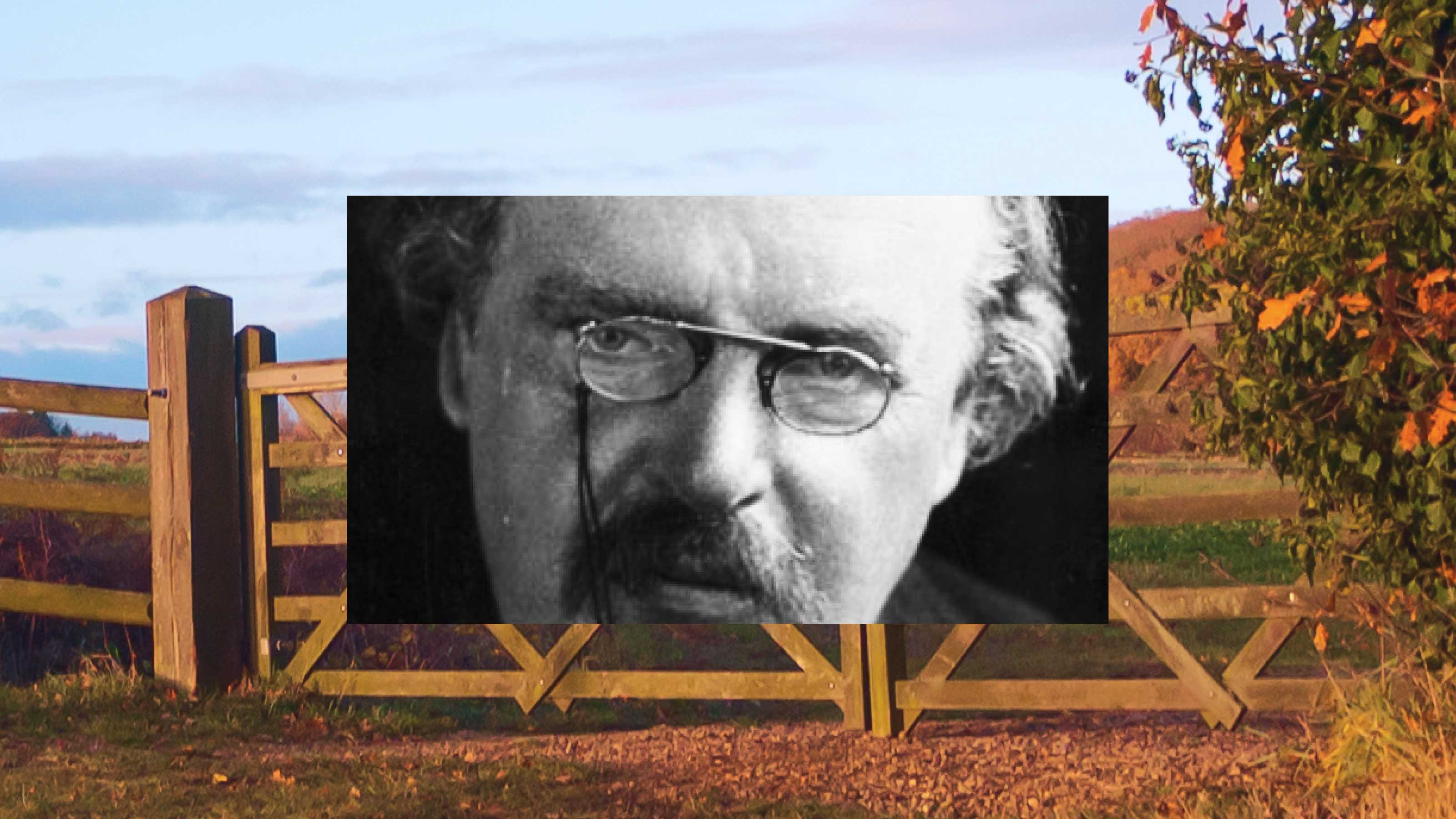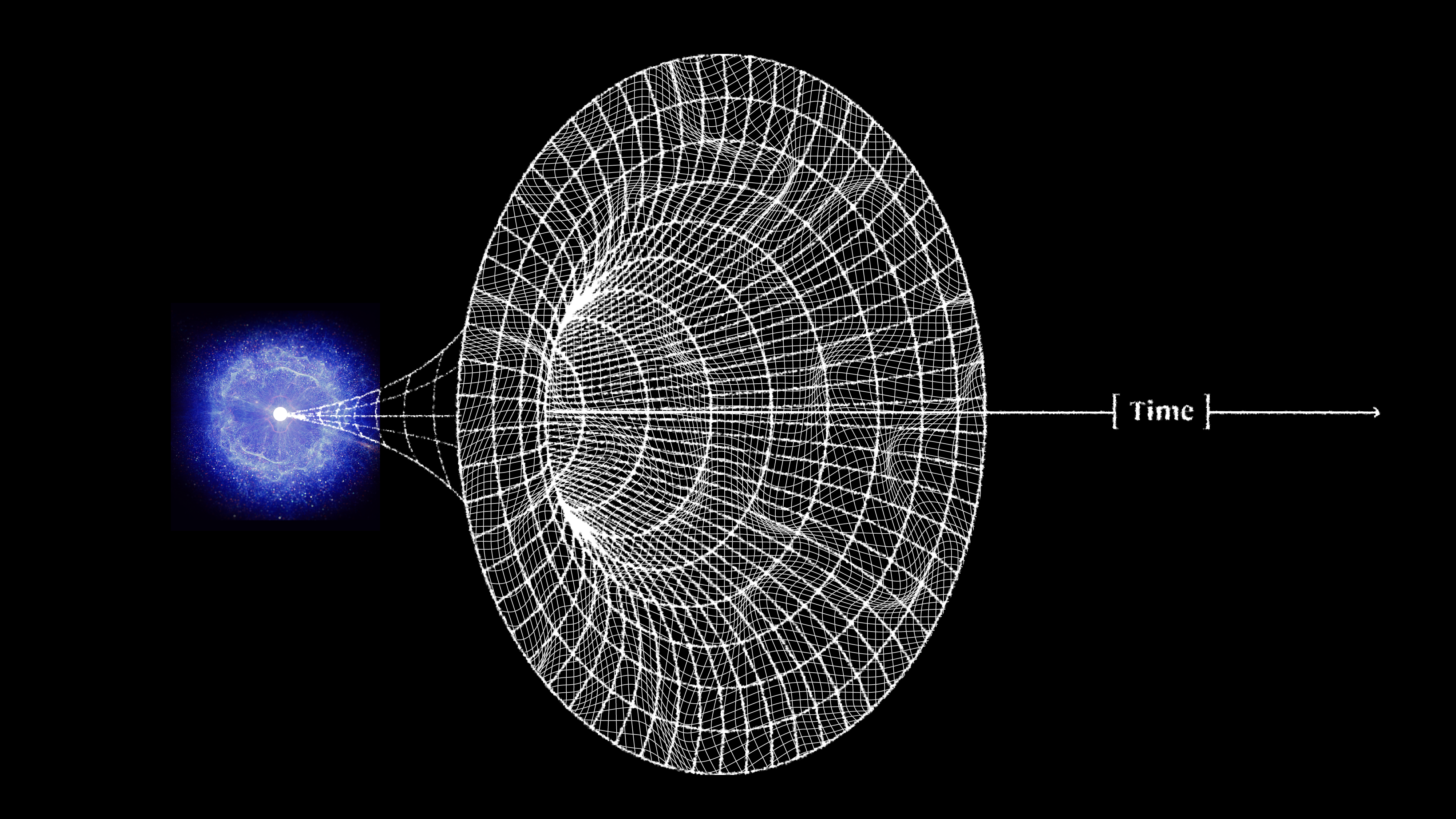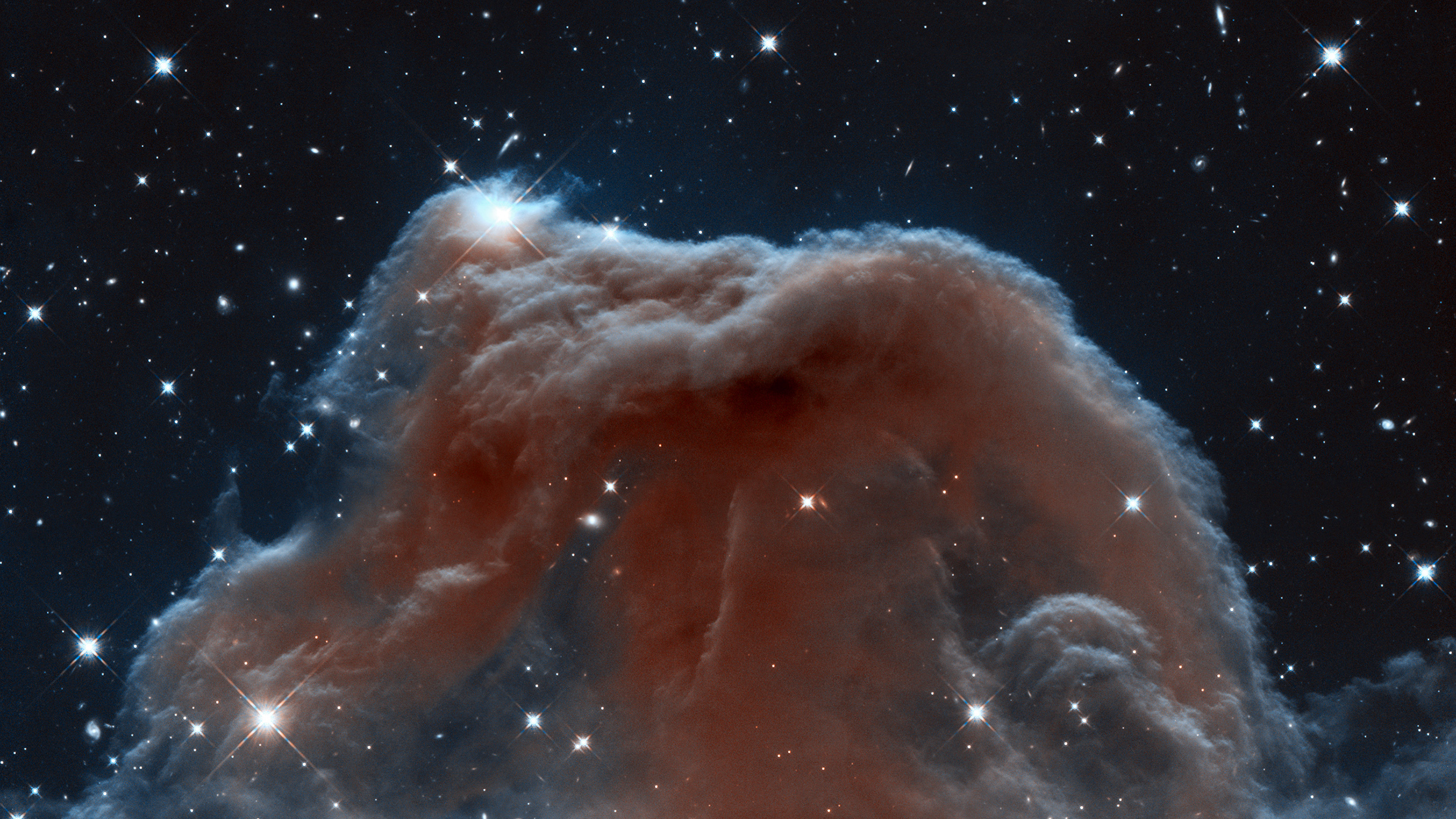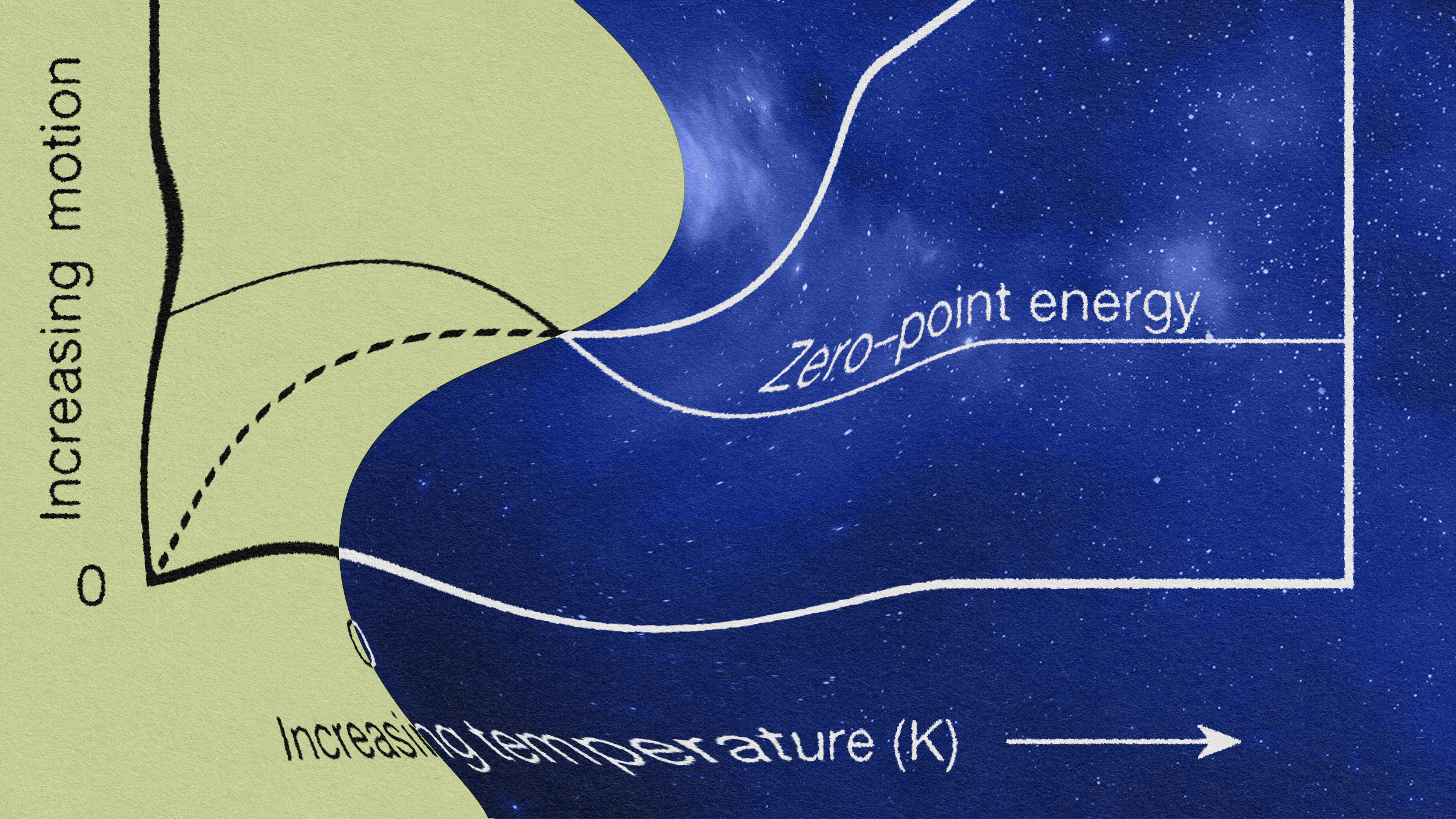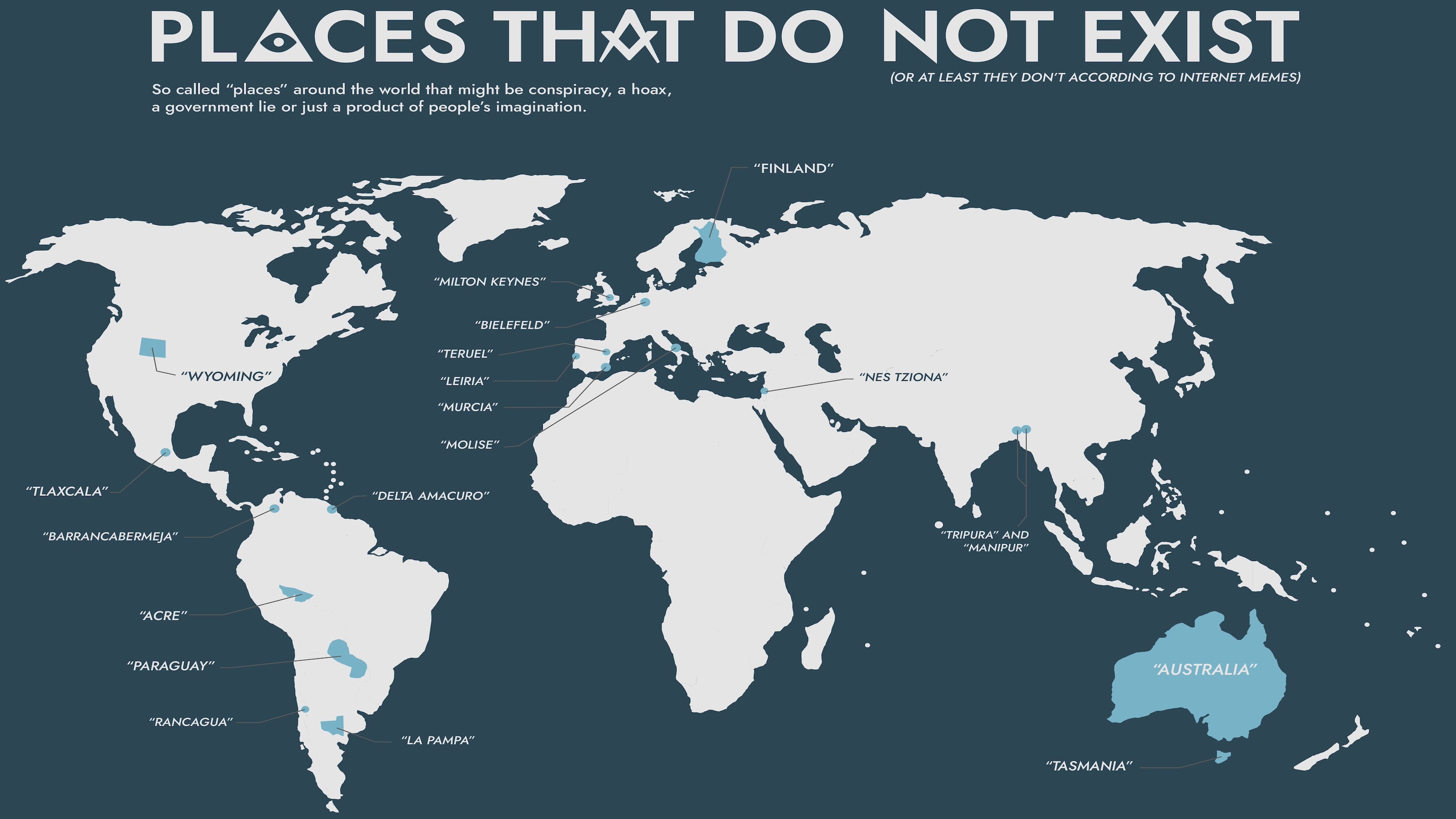Chemists could replace bubbling flasks with tumbling ball mills.
This new geologic activity could be part of a thousand-year cycle, ushering in a new era of volcanism on the island.
Acclaimed psychiatrist Bessel van der Kolk, author of “The Body Keeps The Score,” discusses the widespread existence of trauma and how it settles in our bodies.
▸
with
In the earliest stages of the hot Big Bang, equal amounts of matter and antimatter should have existed. Why aren’t they equal today?
You’ve certainly seen the paintings — but they don’t depict what you think they do. Benjamin Moser discusses with Big Think.
We rightly celebrate Winston Churchill as one of the world’s greatest leaders — but for all the wrong reasons.
Bo Seo, Esther Perel, and Dan Shapiro share their tips for arguing better.
▸
11 min
—
with
When the hot Big Bang first occurred, the Universe reached a maximum temperature never recreated since. What was it like back then?
A single knife is sometimes worth more than a thousand armies.
Long before the birth of Julius Caesar, the Roman Republic appointed all-powerful dictators to protect their state in times of crisis. They were remarkably self-restrained and obedient to the Roman Constitution.
Visionaries from Socrates to Steve Jobs have touted curiosity as an essential quality. Here’s how to supercharge your spirit of inquiry.
Some 13.8 billion years ago, the Universe became hot, dense, and filled with high-energy quanta all at once. Here’s what it was like.
Analog could serve as “always-on” computing, while digital is turned on only when necessary.
People with higher immune resilience live longer, resist diseases, and are more likely to survive diseases when they do develop.
A unique combination of DNA and silica is the strongest known material for its density (but you’ll need a lot of it before you can build a suit from it).
‘Six Persimmons,’ an ink painting by the Chinese monk Mu Qi, has long been hailed as the poster child of Zen Buddhism. But is its reputation deserved?
Really smart people don’t just demand intellectual engagement — they need the opportunity to learn and create something special.
The miniaturization of particle accelerators could disrupt medical science.
Exile is a kind of death of who you once were.
Perhaps the most remarkable fact about the Universe is simply that it, and everything in it, exists. But what’s the reason why?
To see a true cross-section of American society, head to Applebee’s, Buffalo Wild Wings, IHOP, Chili’s, and Olive Garden.
An influential series of books argues that the history of the world is the history of generations. Is it right?
Scientists will be able to make detailed “Claymation-like” movies of chemical reactions.
That completely useless thing you want to get rid of — it’s probably more important than you think.
Cosmic inflation is the state that preceded and set up the hot Big Bang. Here’s what the Universe was like during that time period.
Two of the answers add a dimension to physics that doesn’t belong there. Maybe we could call it “astrotheology.”
The term “zero-point energy” has at least two meanings, one that is innocuous and one that is a great deal sexier (and scammier).
In a remarkably similar way, conspiracy theories around the world cast doubt on the existence of real places.
Aragon AI CEO Wesley Tian tells Big Think Business how he took his company from initial conception, through acceleration, to the scaling phase.
